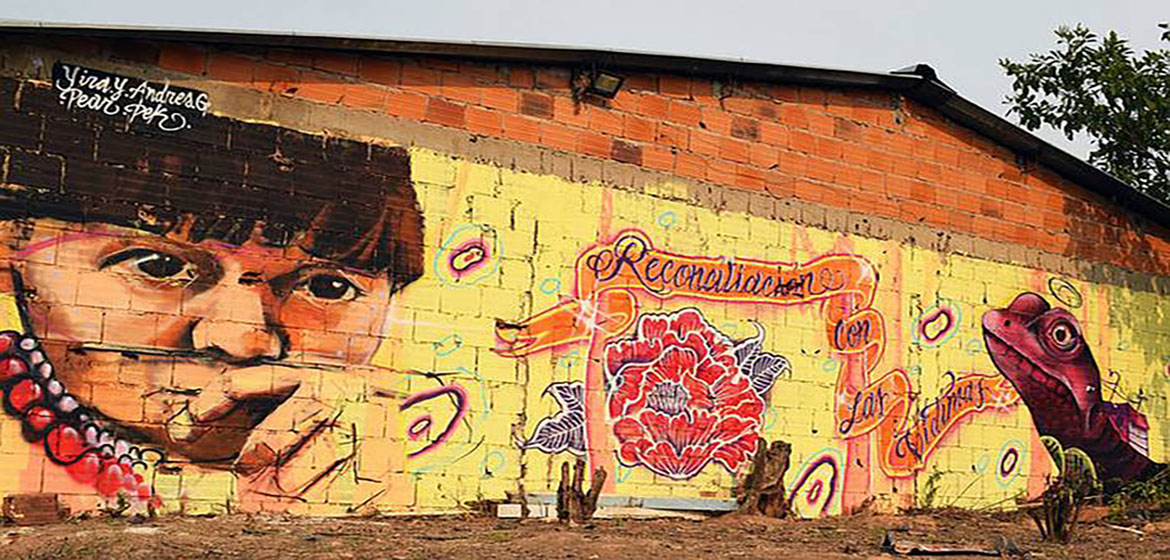CAQUETÁ, Colombia – According to spokesman Rupert Colville, while speaking with reporters in Geneva, he articulated that the rights office in Colombia is diligently following up on the accusations reported by the national human rights institution, state institutions and civil society recorded a total of 51 human rights defenders and activists have been allegedly killed in the first four months of 2019.
Colville said, “This staggering number continues a negative trend that intensified during 2018 when our staff documented the killings of 115 human rights defenders.”
The violations are happening against a backdrop of stigmatized rights defenders, particularly those living in rural areas, which lack basic social services and have extreme levels of poverty and illegally-armed and criminal groups.
Colville stressed that especially in rural areas, there is an urgent need to address disparities in the enjoyment of all rights, particularly social, cultural and economic rights.
Activists from multiple backgrounds have been targeted, including Afro-Colombians, community leaders, journalists, environmentalists, indigenous people, and women’s rights defenders, some involved in local politics.
The Office of the High Commissioner for Human Rights (OHCHR) representative explained that especially vulnerable to be killed are community leaders who account for the majority of all recorded killings – about 70 percent. Colville added that some who supported aspects of the historic 2016 Colombian peace agreement, including land restitution and victims’ rights, was the reason they were targeted.
Colville further expressed concern that October is scheduled for local elections which may increase even further the number of violent attacks.
The president’s recent proclamation to appoint specialized judges in the field is one of the steps taken by the government to better protect rights defenders. However, Colville has called on the government to redouble their efforts to strengthen and expand efforts to safeguard a secure and free environment that facilitates civic engagement.
Colville asserted that “Despite some positive actions by the office of the attorney-general, we urge the state to make sure all killings, attacks and threats are properly investigated and the perpetrators – including those directing them, as well as those carrying them out – are brought to justice.”
A landmark peace deal was signed between rebels from the Revolutionary Armed Forces of Colombia (FARC) and the government in 2016 – after decades of civil war. Working with each other as part of a trilateral mechanism to validate and monitor the end of conflicts and relinquishing of weapons, with the unanimous approval of the Security Council, the UN opened a political mission there on 25 January 2016.
As of October 2016, the mission had confirmed the destruction of 620 kilogrammes of explosives and munitions held by the FARC.
On 26 September 2017, the United Nations Verification Mission in Colombia was established to verify the commitments of the former FARC rebels and the government on ensuring security in territories most affected by the decades-long conflict and reintegrating them back into society.
In January, the Security Council was updated by Special Representative Ruiz Massieu, on the situation in the country, noting the “important milestone” of the May 2018 inauguration of a ‘Truth Commission’ to examine past human rights violations, including sexual violence.
Source:
Related to SDG 10: Reduced inequalities and SDG 16: Peace, justice and strong institutions



